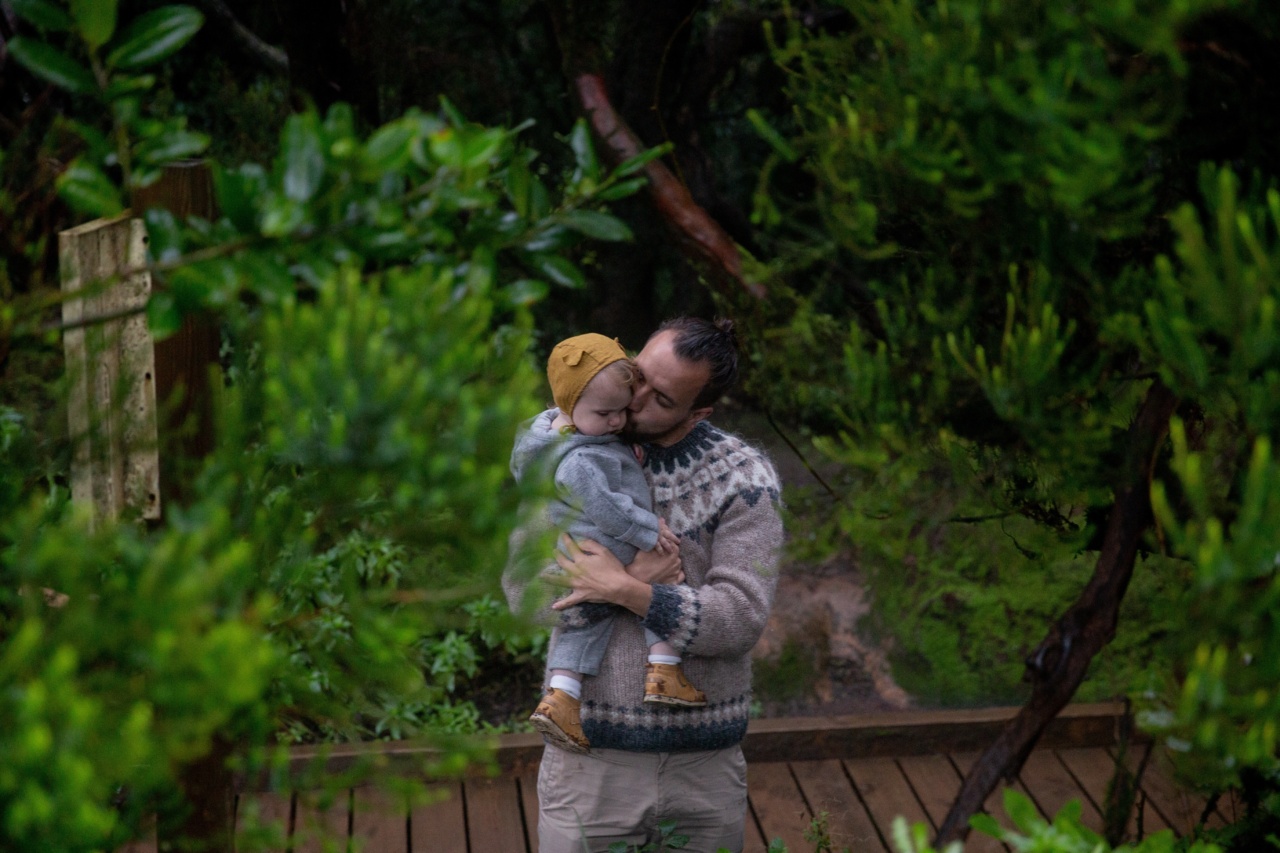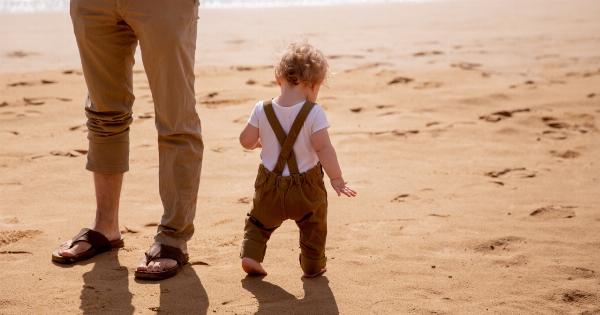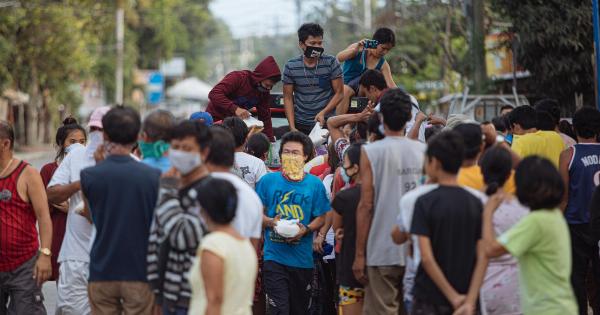Summer is a time for basking in the sun and enjoying outdoor activities with your newborn or toddler. However, it is important to keep in mind that while the sun can be fun, it can also be harmful to your baby’s delicate skin.
Sunburn, heat rash, dehydration, and other health risks can occur if your baby is not protected from the sun’s harmful rays. Here are some important precautions to consider when taking your baby outside in the sun.
Choose Sunscreen Wisely
When going out with your baby, it is important to use sunscreen. However, not all sunscreens are safe for infants and young children.
Choose sunscreens that are specifically formulated for babies and young children that contain physical barriers, such as zinc oxide or titanium dioxide. Check the label to make sure the sunscreen offers broad-spectrum protection and an SPF of at least 30.
Apply Sunscreen Correctly
Ensure you apply sunscreen properly and well in advance of leaving the house. Consult the packaging for directions on how often to apply the sunscreen, and keep in mind that sunscreen needs to be reapplied more frequently in very hot or humid weather.
Apply the sunscreen to your baby’s skin about 15 minutes before going outside to give it time to absorb into the skin. Make sure you cover all areas of your baby’s body exposed to the sun, such as the face, ears, hands, and feet. Do not apply sunscreen around your baby’s eyes.
Stay in the Shade
It is advisable to stay out of the sun as much as possible. Ensure you keep your baby in a shaded area if you are out in the sun, such as using an umbrella or canopy.
Sun protection is necessary even when under a shade structure, as sun rays can reflect off of surfaces (like water and sand) and cause sunburn. It is best to avoid going out during the times when the sun is at its peak, between 10 a.m. and 4 p.m.
Cover Up
Cover your baby’s skin with light, breathable, long-sleeved clothing that shields from the sun, in addition to sunscreen. Opt for thin, loose-fitting garments that will keep your baby cool in hot weather conditions.
A wide-brimmed hat that covers the face, neck, and ears is another essential item for protecting your child from the sun’s harmful rays. Choose a hat that has a chin strap to ensure that it will stay on your baby’s head.
Hydrate Your Baby
Be sure that you keep your baby hydrated by providing them with plenty of fluids. Dehydration can be dangerous for young children, so ensure you carry extra water and juice for your little one.
If the weather is hotter than usual, consider providing smaller and more frequent drinks for your baby.
Don’t forget the Eyes
Do not forget to take care of your baby’s eyes. An infant’s eyes are delicate and can easily be damaged by direct sunlight.
Ensure you cover your baby’s eyes with a wide-brimmed hat and/or UV-blocking sunglasses to protect their eyes from harmful UVA and UVB rays.
Seek Shade Alternatives
When outdoors, provide your baby with shade through trees, buildings or strollers. A sunshade accessory that attaches to strollers, car seats, and baby carriers is also an excellent way to protect your baby from the sun.
However, do not rely solely on these accessories to ensure your baby is protected. Sunscreen, appropriate clothing, and other precautions are still necessary.
Monitor UV Index Levels
It is essential to keep an eye on the UV index when planning outdoor activities. The UV index is a measure of the strength of UV radiation from the sun, and it ranges from 0 to 11+.
You can check the UV index on various weather apps or by looking up your location on the Environmental Protection Agency’s website. Take extra precautions when the UV index is high to ensure your baby is always protected from the sun’s harmful rays.
Protecting Your Baby’s Skin
Protecting your baby’s delicate skin from the sun’s harmful rays should be a top priority, especially during the summer months.
By taking these measures and ensuring that you are well-prepared for outdoor activities, you can keep your baby safe from sunburn, heat rash, dehydration, and other health risks associated with too much sun exposure. Always remember, the best way to protect your baby is to avoid exposing them to direct sunlight altogether.






























